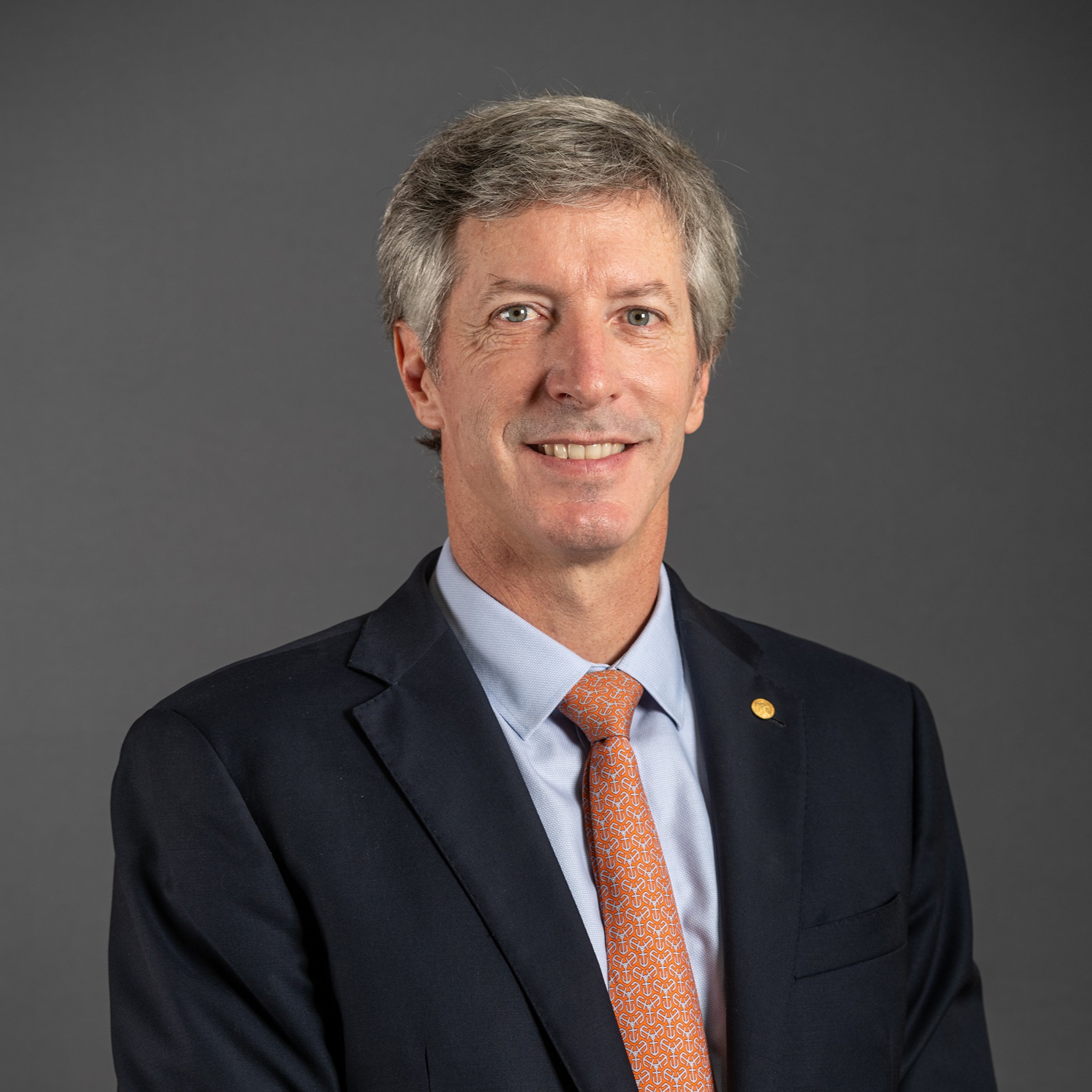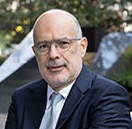Wednesday, Apr 23, 2025 | 12:00 PM - 12:30 PM
Location: Cedar Hall HQ1-1-660

OVERVIEW
The Governor's Talk will provide insights into the various stages of Argentina's ongoing macroeconomic stabilization plan. Governor Bausili will discuss the challenges of veering the economy away from a full-blown crisis and dismantling heavy controls, to ensuring that the early stabilization gains become sustainable overtime.
REPORT
Key Points:
Quotes:
“To tackle the FX and monetary imbalances, we took a very basic approach of trying to separate flows and stock imbalances in both monetary and FX. So, on the monetary front, you had a flow imbalance associated with or linked to the idea that the central bank was printing money constantly for two reasons: to finance the Treasury and to pay interest on its own liabilities.” Governor Bausili
“Argentina is a bi-monetary economy where people have already decided that they save in dollars, they use the dollar as a unit of account for long-term assets, for real estate, for cars, for wealth calculation, but they use local currency for transactional purposes. So, we decided not to fight against that. That is a reality. That is what society is doing whether we like it or not, so we'd rather adapt policies and economic framework to what is already in place.” Governor Bausili
Contributor: Paris Gkartzonikas
SPEAKER

Santiago Bausili
Governor of Central Bank of Argentina
Santiago Bausili holds an undergraduate degree in Economics from Universidad de San Andrés. As regards his professional background, he worked for J.P. Morgan (11 years) and for the Deutsche Bank (9 years). He lived in New York for 17 years while working for these institutions. He was responsible for financing in international capital markets for private sector companies and governments in Latin America, the design of hedging strategies for financial risks through derivative instruments, and the structuring of private financing. He participated in negotiations with customers from most Latin American countries, especially from the Andean countries of the region and the Southern Cone.
Before taking up his current position at the BCRA, he held several positions in the public sector, such as Secretary of the Ministry of Finance/Ministry of the Treasury of Argentina (2017-2019), and Undersecretary of Financing at the Ministry of the Treasury and Public Finance (2016). He also worked as a consultant on macroeconomic and financial issues particularly focusing on the Argentine context (2020-2023
MODERATOR

Rodrigo Valdés
Director of the Western Hemisphere Department, IMF
Rodrigo Valdés is a Chilean economist and has been the Director of the Western Hemisphere Department at the IMF since May 2023. Prior to joining the Fund, he served as a Professor of Economics at the Catholic University of Chile and held board positions in various private sector companies. Previously, he served as Chile's Minister of Finance from 2015 to 2017. Throughout his career, Mr. Valdés has held prominent roles at the Ministry of Finance and the Central Bank, including Director of Research and Chief Economist. Additionally, he has served as Deputy Director of the IMF’s Western Hemisphere Department (where he also was mission chief for the US) and European Department. Mr. Valdés has significant experience in the banking sector, having been the President of the Board and Executive Committee at Banco Estado, Chile’s sole state-owned bank. He has also worked as Director and Chief Economist for Latin America at Barclays Capital and as Chief Economist (Latin America ex-Brazil) at investment bank BTG Pactual. Mr. Valdés earned a PhD in Economics from MIT and a BA in Economics from the University of Chile. His contributions extend to publishing numerous academic and policy papers on monetary and fiscal policies, as well as on international finance.